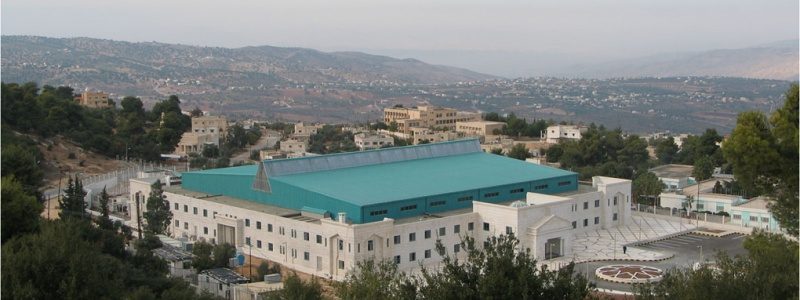
An Israel court upheld the manslaughter conviction and the 18-month sentence levied against former Israeli soldier Elor Azarya on Sunday for the execution-style shooting of 21-year-old Palestinian Abd al-Fattah al-Sharif in 2016.
Azarya was convicted of manslaughter and sentenced to a year and a half in prison for shooting and killing al-Sharif as the disarmed Palestinian lay severely wounded on the ground after allegedly committing a stabbing attack in the southern occupied West Bank city of Hebron in March 2016.
Azarya’s defense team appealed both the manslaughter conviction and the 18-month jail sentence for being too harsh, while the Israeli military prosecution had submitted an appeal to increase the sentence.
According to The Times of Israel, the appeal court judges ruled to maintain the manslaughter conviction, calling Azarya’s act “forbidden, severe, immoral” and claiming that “ethics are fundamental for an army’s resilience both externally and internally.”
The judges voted three to two in favor of upholding the sentence.“The punishment is on the lower edge of appropriate sentencing,” the judges noted, while lamenting that “such an excelling soldier committed such a terrible error.”
The court highlighted that Azarya, who was transferred to house arrest earlier this month to wait out the appeals process, had “never expressed remorse or questioned his actions” as one of the main reasons for not lowering his sentence.
Israeli newspaper Haaretz said that Azarya, who has only served nine days behind bars and has spent most of his detention confined to a military base, was expected to be transferred to military prison if the sentence was upheld.
However, Haaretz reported that Azarya’s legal team could take a number of further steps to seek to evade the sentencing.
Azarya’s lawyers could take the case to the Israeli Supreme Court to request that the former soldier’s sentence be postponed for a second time, seek a sentence reduction from the Israeli army chief of staff — a move which would only be available if Azarya publicly took responsibility for his actions, or request a pardon from Israeli President Reuven Rivlin.
The prosecution had also appealed the verdict claiming that Azarya’s sentence was not congruent with the ruling of the judges, who had given a detailed refutation of nearly every claim made by the defense team when they convicted him, and accepted the prosecution’s argument that the soldier committed an unjustified revenge killing.
However, the defense had argued that Azarya has been unfairly targeted and that his sentencing represents a “selective enforcement of the law,” according to Human Rights Watch (HRW).
“Indeed, Human Rights Watch has repeatedly documented the fact that the problem is not the conduct of a single soldier, but an atmosphere of immunity from punishment for illegally killing Palestinians,” the rights group said in June.
“Responsibility for upholding ethical and legal norms doesn’t rest solely on the shoulders of a single 20-year-old soldier, but also on the senior officials who sent him — and too many others — the wrong message regarding the use of deadly force.”
Al-Sharif was shot and seriously wounded after allegedly stabbing another Israeli soldier, and after he was left bleeding on the ground for some ten minutes, Azarya shot him in the head, with a number of witnesses quoting him as saying “This dog is still alive,” and “This terrorist deserves to die” before he pulled the trigger.
Prior to the sentencing, the case had already been denounced as a “show trial” for focusing on the case to distract from a wider culture of impunity for Israeli forces, as Azarya was charged with manslaughter for what was termed by rights groups as an “extrajudicial execution” and by the victim’s family as “cold-blooded murder.”
Following the initial announcement of the 18-month sentence, the al-Sharif family had said that they were “not surprised” by the lenient sentence — noting that the soldier received less prison time than a Palestinian child would for throwing stones.
Azarya was the only member of Israeli forces to be charged with killing a Palestinian in 2016 — when at least 109 Palestinians were shot and killed by Israeli forces and settlers — according to Human Rights Watch.
According to rights group Yesh Din, of the 186 criminal investigations opened by the Israeli army into suspected offenses against Palestinians in 2015, just four yielded indictments.



